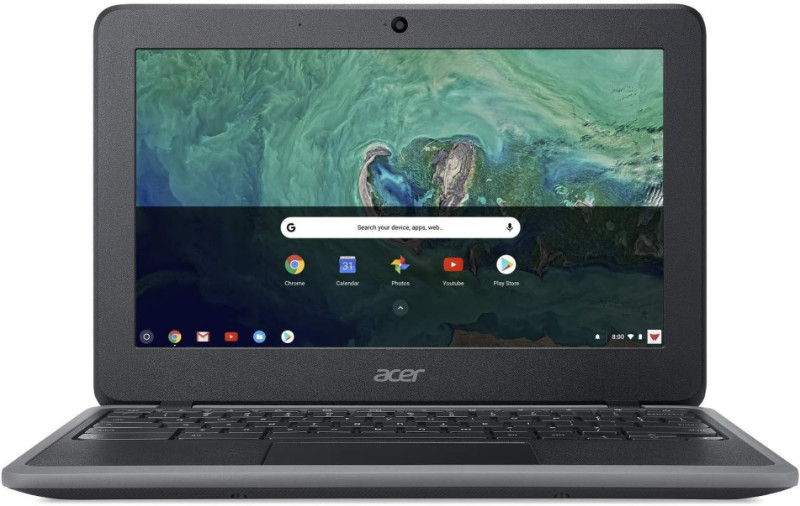
NEWS – Android Authority has reported something I’ve noticed when shopping for Chromebook laptops and it ticks them, and me, way off.
Amazon, Walmart, and probably other retailers, will gladly take your $100-$800 in trade for a Chromebook that is past its ‘end of update’ life which means the Chromebook will no longer receive OS and security updates.
In my humble, yet accurate opinion, there is no excuse for that.
These models have been noted as no longer worthy of purchase for the above reason:
- Acer Chromebook 11 (C771, C771T)
- Acer Chromebook 14 for Work (CP5-471)
- ASUS Chromebook Flip C302
- Dell Chromebook 13 (3380)
- HP Chromebook 13 G1
- Lenovo ThinkPad 13
- Samsung Chromebook Pro
- Acer Chromebook Tab 10 (D651N)
- AOpn Chromebook Commercial Tab
- ASUS Chromebook Tablet CT100
- ASUS Chromebook Flip C101PA
- CTL Chromebook Tablet Tx1 for Education
- Samsung Chromebook Plus
That is not an exhaustive list. I’d like to see all retailers stop this practice, and the manufacturers to take a strong hand to eliminate it. At a minimum retailers and individual sellers should clearly state the ‘Auto Update Expiration’ date for the Chromebook model they’re selling.
If you shop for a Chromebook, you’ll do well to use Google’s own ‘Auto Update Expiration’ webpage to be sure the model you’re considering has a nice long update life ahead.
Chromebook buyers, unite and beware!



Gadgeteer Comment Policy - Please read before commenting
What’s the deal here? Regular laptops don’t have expirations. They just handle OS updates more and more poorly.
Even Windows has minimum requirements for it’s OS. Microsoft tends to keep those really low, and continue to support older OSes for a lot longer than other companies – both because that’s their main market advantage, and because they have the money to do so. On the other side, if a new computer won’t run the current version of Windows, people will notice and complain, so hardware gets refreshed quickly when Microsoft releases a new set of system requirements.
What has basically happened here is that these laptops no longer meet the minimum requirements for new versions of Chrome OS. There can be multiple reasons for that (something a small as a proprietary SD card reader that needs a driver that’s no longer getting updates can be enough), but end result is that updates won’t apply. On the other side, the hardware manufacturers haven’t updated the hardware basically since the design came out – likely years ago.
So you have laptops that came out ages ago, being sold as new, and the OS no longer can support them.
Google supports Chromebook updates for eight years after release. And now it are looking to separate the Chrome browser code on Chromebooks from the OS code with an effort called Lacros so they can keep providing browser updates even when OS updates have stopped. Of course, even after the auto-expiration date, the Chromebooks continue to work. You’re just taking increasingly greater risks the longer you go without a security update.
ChromeOS is a Linux derivative. But, as some variants of full Linux (Debian, etc.) approach ChromeOS in ease of use and maintenance, more of us will “jump ship” and cross over from ChromeOS to Linux, mostly just to avoid the AUE issue. I understand how the AUE greatly benefits Google by sparing them the inconvenience and expense of having to support old hardware. But it results in a waste production tsunami that is a staggeringly high cost to society. It’s just morally wrong.
Yep. Bought one and it stinks
Good list, I was unaware of that page for support. I love my Chromebook, A Lenovo IdeaPad Flex 5i Chromebook. I also own a M1 MBP. However I use my Chromebook more, 90%+ of What I do it is better suited for. Also I can toss it in my backpack and I’m not worried about busting a ~$2000 Laptop. If I break it, I’m out $300 tops. But I fully expect my $300 ($189 last black friday) to have a much shorter lifespan than my MBP.